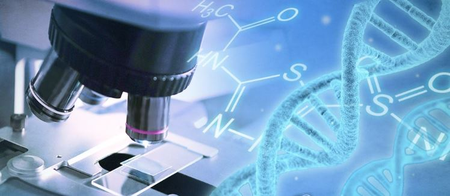New Delhi, 3 July (IANS). Scientists in Australia have made a discovery that can bring revolutionary changes in the treatment of cancer and reducing diseases related to aging.
According to the news agency Xinhua, researchers at Sydney’s Children’s Medical Research Institute discovered proteins, which control the telomeres enzyme. The enzyme protects DNA during cell division. This discovery can open new avenues in the treatment of diseases related to cancer and aging.
Telomeres are an enzyme, which protects the DNA of cells, which helps in healthy aging. However, cancer cells use it to grow rapidly. Researchers have discovered some protein, which control telomeres. This protein can make new drugs to prevent cancer or slow down aging.
Telomeres are an enzyme that protects the ends of chromosomes, ie telomeres. It protects them from damage by adding DNA to telomeres, which is necessary for genetic stability. This is important for stem cells and some immune cells, but cancer cells grow uncontrollably by misusing it.
Sydney CMRI researchers have discovered new proteins, which control telomeres enzymes.
According to research published in the Journal of Nature Communications, three proteins- Nono, SFPQ and PSPC 1 transport telomeres to the ends of chromosomes. Inhibiting these proteins in cancer cells, the care of telomeres stops, which can stop the growth of cancer cells.
The main writer of the research Alexander Sobinoff said, “Our discovery shows that these protein acts like a traffic control that leads telomeres to the right place inside the cell.”
He further said, “Telomeres cannot be kept well without these proteins, which has a significant impact on healthy aging and cancer progression.
CMRI’s Telomeres Language Regulation Unit’s head and senior research writer Hilda Picket said that the understanding of controlling telomeres opens the possibilities of developing new remedies to treat cancer, aging and telomeres.
-IANS
MT/KR






